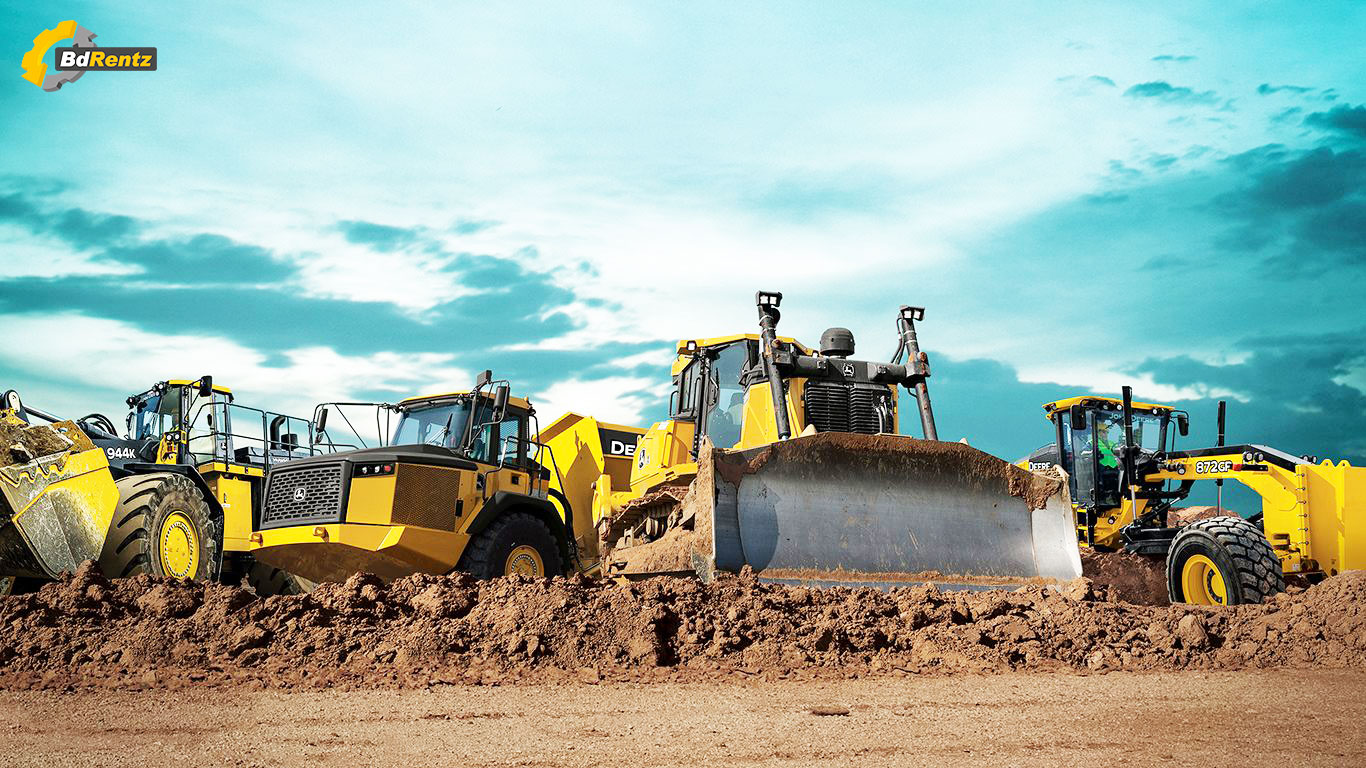Forklift Rental: Heavy Lifting Equipment for Warehousing and Extra
Forklift Rental: Heavy Lifting Equipment for Warehousing and Extra
Blog Article
Maximize Your Budget Plan by Recognizing the Expenses Linked With Construction Devices Services
Comprehending the full extent of prices associated with construction devices rentals is crucial for optimizing your spending plan. What methods can be employed to properly manage these expenses and make sure an extra effective rental experience?
Overview of Rental Expenses
When considering building and construction devices leasings, comprehending the connected prices is vital for efficient budgeting and project preparation. Rental prices can vary significantly based upon a number of elements, consisting of devices kind, period of service, and place. The initial rental cost typically reflects the equipment's market demand and its connected functional capacities, affecting the total expense.
Along with the base rental rate, ancillary costs might emerge, such as transportation costs, fuel surcharges, and upkeep charges. It is necessary to make up these additional expenditures to precisely examine the total cost of renting out devices. The rental period can influence prices; longer rentals might certify for discounted rates, while short-term leasings might incur greater daily costs.

Malfunction of Rental Rates
A thorough understanding of rental rates is crucial for specialists and task supervisors aiming to optimize their spending plans. Rental rates for building equipment typically consist of numerous parts, including base rates, time-based fees, and usage costs.
Base rates are the core charges linked with the rental of the devices, typically established by the kind and size of the machinery. These rates can vary substantially, influenced by aspects such as equipment need, schedule, and local market fads. Time-based charges, which may be daily, weekly, or monthly, offer to suit different task timelines and rental periods.
Furthermore, rental rates might include use costs, which apply when equipment is used beyond a specified threshold, making sure that the rental firm can represent deterioration. Seasonal demand fluctuations can additionally affect rental prices, with peak building and construction periods commonly commanding greater costs.
In addition, recognizing the rental firm's policies pertaining to maintenance and insurance coverage can provide further insight right into the total cost structure. By assessing these components, specialists can make informed decisions, making certain the option of rental devices straightens with both task needs and spending plan constraints.
Additional Costs to Consider
Understanding the details of extra fees is critical for service providers to manage their total leasing costs effectively. Beyond the common rental prices, various supplemental fees can substantially impact the overall expense of equipment service. These charges typically include distribution and pickup costs, which can vary based upon distance and logistics associated with carrying the tools to and from the work site.
In addition, some rental firms might enforce gas surcharges if the devices is returned with less gas than when rented. It is likewise vital to know prospective cleaning costs, particularly for customized equipment that calls for detailed upkeep after use.

Thoroughly evaluating the rental agreement and clearing up these additional fees ahead of time can aid contractors ensure and prevent unanticipated costs that budgets remain undamaged throughout the task lifecycle.
Repair And Maintenance Expenses
Normal repair and maintenance expenditures are usually ignored elements that can significantly affect the total cost of building and construction devices rentals. When leasing equipment, it is vital to take into consideration not only the rental costs yet also the potential prices connected with maintaining the equipment in ideal operating problem.
Lots of rental firms consist of fundamental maintenance as part of the rental agreement; however, more unanticipated breakdowns or extensive repairs can lead to additional expenses. It's important to examine the rental heavy equipment llc agreement very carefully to comprehend what maintenance solutions are covered and what responsibilities fall on the renter.
In addition, tools that is not well-kept can result in inadequacies at work website, possibly raising and causing hold-ups job costs. To minimize these risks, it is recommended to conduct routine examinations and preserve open interaction with the rental provider relating to any type of concerns that arise during use.
Insurance Coverage and Liability Expenses
Insurance and responsibility costs are vital components that can significantly influence the general cost of building devices services (forklift rental). These prices make certain that both the rental company and the customer are safeguarded from possible monetary losses arising from accidents, damages, or theft throughout the rental period

Additionally, customers should know any deductibles or exemptions in the insurance plan, as these can affect potential out-of-pocket expenditures. Comprehending the terms and problems of any type of insurance protection is important to avoid unanticipated prices. Inevitably, budgeting for insurance coverage and responsibility costs can aid guarantee a smoother rental experience and safeguard against financial risks connected with construction jobs.
Verdict
In final thought, an extensive understanding of the costs associated with building and construction equipment rentals is essential for efficient spending plan management. Ultimately, educated decision-making regarding tools services contributes to the general success of construction undertakings.
Rental prices can vary dramatically based on several elements, consisting of tools type, period of rental, and area (mini excavator rental). The rental period can affect pricing; longer rentals may certify for reduced rates, while temporary services could incur greater everyday costs
By conducting extensive study and engaging with reputable rental firms, professionals can properly browse the complexities of rental pricing, eventually optimizing their monetary resources.
Beyond the basic rental prices, various extra costs can considerably impact the complete price of equipment service. Rental firms typically supply obligation insurance policy that covers injuries to third parties or damage to residential or commercial property, while tools damages insurance coverage can cover the expense of repair work or substitute if the leased equipment is harmed.
Report this page